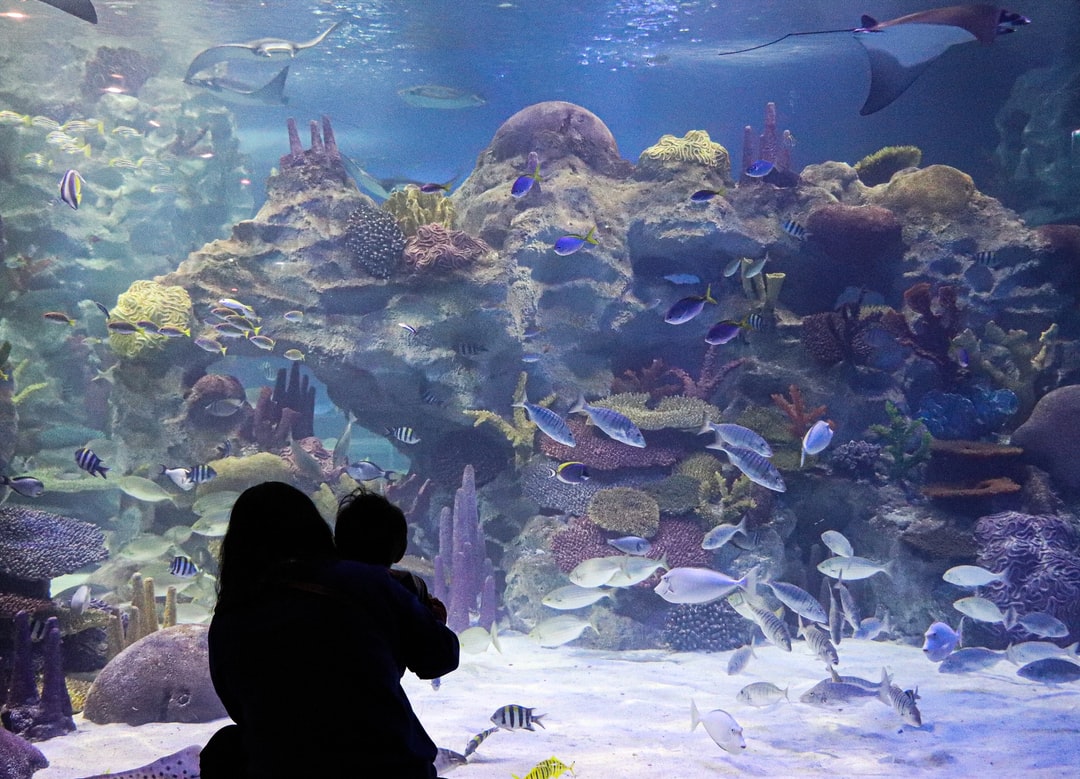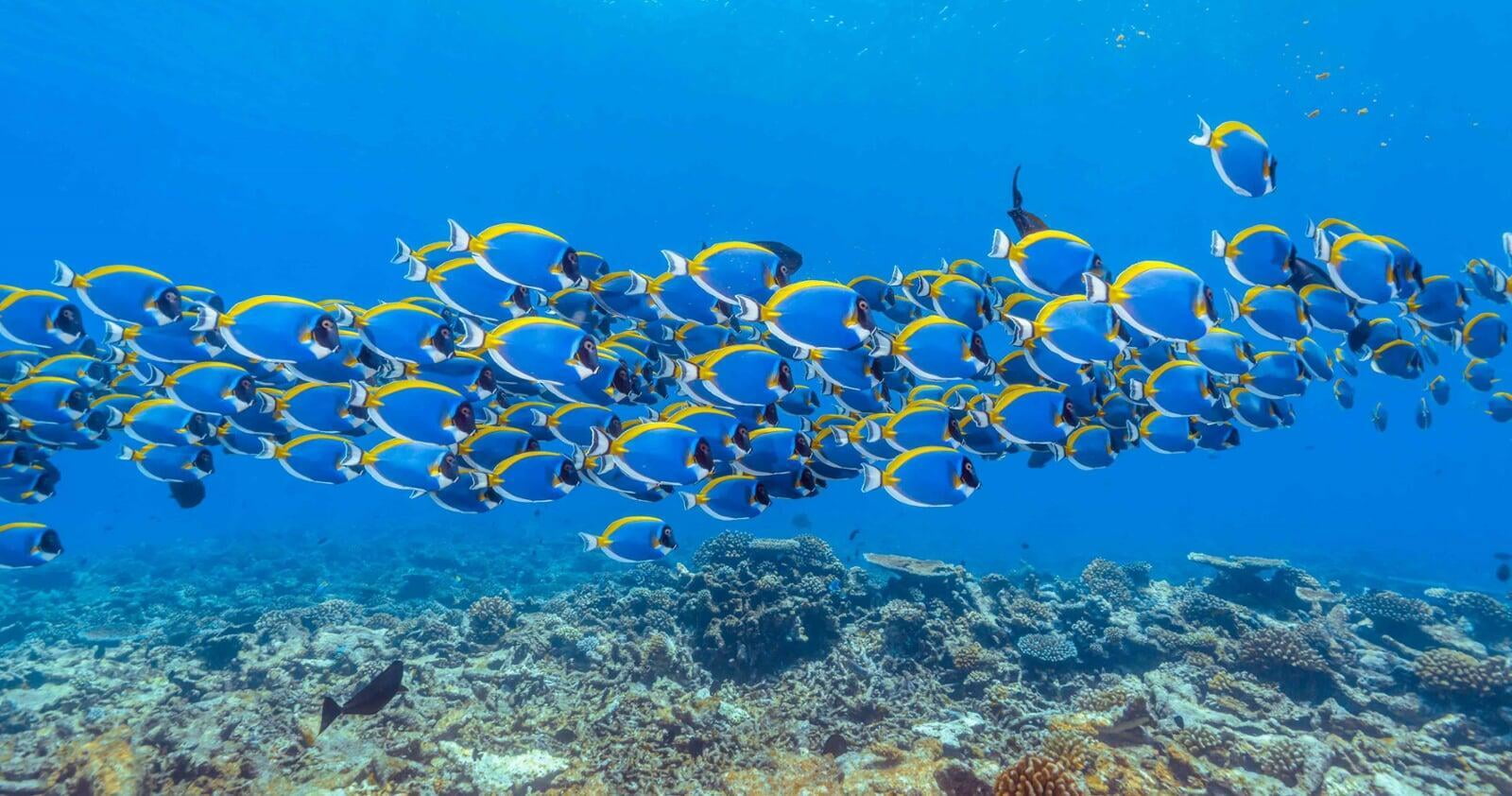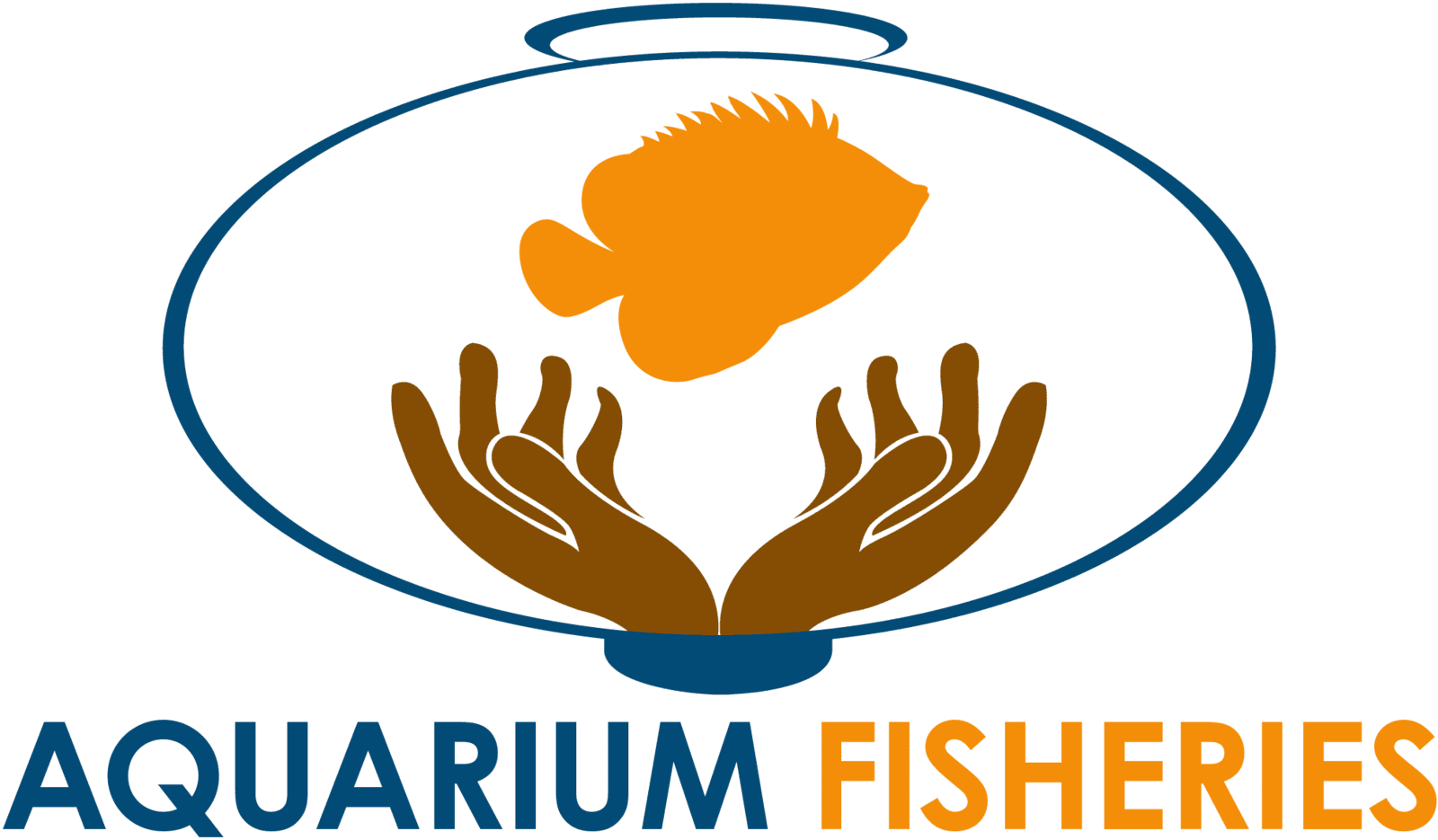

Members displaying aquatic animals produced a Board-approved White Paper and Position Statement on sustainability considerations for developing an aquatic invertebrate & fish collection plan in 2016, offering guidance for accredited institutions in this endeavor. After this milestone accomplishment, members again convened in 2019 to establish the Aquatic Collections Sustainability Committee (ACSC), to help AZA's institutions share information and guide ethical decisions when it comes to the acquisition, care, & longevity of different aquatic species.
Today, the work of the Committee is advanced by representatives from 13 accredited public aquaria & zoos and a few additional organizations with aligned missions, like Aquarium Fisheries. A cornerstone of the Committee's work is ethical acquisitions, balancing responsible and sustainable collection, handling, and transport practices with the equal responsibility to help support the livelihoods of fishers that often live in remote coastal areas that are under-resourced.
In April of this year, the Committee hosted a panel discussion on the topic, bringing together stakeholders at different stages of the supply chain as well as leaders in the field to discuss the complexities of the supply chain and to learn from those who have developed exemplary models of supply chain sustainability.
AZA covered this topic in the August issue of their magazine, "Connect." Click the link to take a deep dive into supply chains for aquatic collections, and what the Aquatic Collections Sustainability Committee is doing to improve them, raising the standard of practice for the field in the process.


